
When men defended our nation during WWII, the women manned factories making munitions, building ships and plane, and stepped up to support the war effort. Today, women (and men) are stepping up their support for our healthcare professionals who are fighting a war with the coronavirus, by making surgical masks that can be used over the N95 masks to add more protection. We have a huge deficit of N95 and surgical masks that our frontline workers need.
I have designed a 4-layer mask that houses a filter that can be washed and reused. Without leaving my house, I found enough cotton fabric, elastic, and wire to make dozens of masks. My friend Mario brought me the filters when he heard I was sewing masks so I wouldn’t have to leave the house. Rob, my husband, also joined me in cutting fabric and picking up more fabric. I love the support we’re getting as we ramp up our efforts to provide the backup masks that hospital staff definitely needs.
If you have a sewing machine and you’d like to help, I’ve made a YouTube video to show exactly how to make these masks. They’re easy to make and it’s rewarding to know that doctors, nurses, paramedics, and all frontline workers will be safer. Here’s the link to my YouTube video and a link to the pattern.
Our healthcare professionals feel demoralized when they don’t have the PPEs they need and they feel like nobody cares. Giving gifts of homemade masks will help build morale while they face the most physically and psychologically challenging times of their careers. Please send these masks to your local Emergency Departments. Check to make sure they’re accepting homemade masks. You can also send masks directly to me, and I’ll distribute them to hospitals that need them. This is who we are – and thank you for your support!

When men defended our nation during WWII, the women manned factories making munitions, building ships and plane, and stepped up to support the war effort. Today, women (and men) are stepping up their support for our healthcare professionals who are fighting a war with the coronavirus, by making surgical masks that can be used over the N95 masks to add more protection. We have a huge deficit of N95 and surgical masks that our frontline workers need.
I have designed a 4-layer mask that houses a filter that can be washed and reused. Without leaving my house, I found enough cotton fabric, elastic, and wire to make dozens of masks. My friend Mario brought me the filters when he heard I was sewing masks so I wouldn’t have to leave the house. Rob, my husband, also joined me in cutting fabric and picking up more fabric. I love the support we’re getting as we ramp up our efforts to provide the backup masks that hospital staff definitely needs.
If you have a sewing machine and you’d like to help, I’ve made a YouTube video to show exactly how to make these masks. They’re easy to make and it’s rewarding to know that doctors, nurses, paramedics, and all frontline workers will be safer. Here’s the link to my YouTube video and a link to the pattern.
Our healthcare professionals feel demoralized when they don’t have the PPEs they need and they feel like nobody cares. Giving gifts of homemade masks will help build morale while they face the most physically and psychologically challenging times of their careers. Please send these masks to your local Emergency Departments. Check to make sure they’re accepting homemade masks. You can also send masks directly to me, and I’ll distribute them to hospitals that need them. This is who we are – and thank you for your support!

Did you know that many scholarships disappear after freshman year? Make sure that the scholarship is renewable each year for 4 years to cover you throughout your undergraduate education.
Here are some red flags to watch for:
- One-time scholarships for visiting the college campus or interviewing with admissions officers
- Others require that you maintain a certain GPA or other codes of conduct
- Colleges could replace a grant (free money) with a loan after freshman year when the students have higher federal student loan limits
- Family finances change: siblings graduate from college or move out of the family home (increases parents’ ability to pay)
With a 4-year undergraduate degree costing between $100K-$300K, make sure that you can afford to complete your education BEFORE you start. Meet with your financial aid officer to discuss your financial aid offer. Because college tuition increases about 3% each year, consider how you plan to pay for tuition, room and board, and other expenses.
[Source]
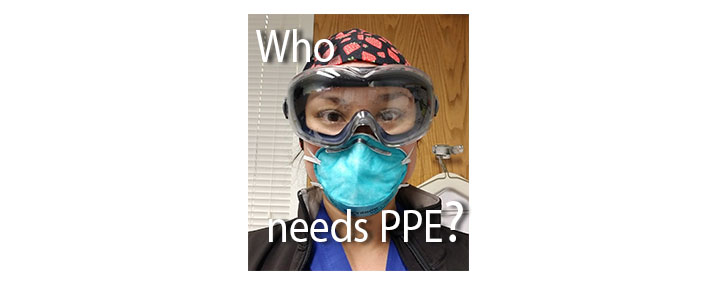
As California Mother of the Year, and mother to a 35-year-old ER doctor, we have a serious problem when healthcare professionals do NOT have the basic PPE they need to protect themselves from the deadly coronavirus that has killed over 30,000 people.
Where is OSHA? They are supposed to protect healthcare professionals with even more protections than standard workplaces because protecting doctors and nurses also protects patients. If a classroom has mold on the walls, the teacher and students are immediately removed from the classroom until the school removes the mold and OSHA inspects the classroom to ensure that the teacher and students will be safe. So why isn’t OSHA enforcing these guidelines and holding hospital administrators, state and federal legislatures, CDC, and the President accountable?
Doctors and nurses are reusing N95 masks for their entire shift, and given paper bags with their names on them to hold their masks until their next shifts. This puts them at very high risk of getting the coronavirus. These N95 masks were designed and engineered to be a single-use mask. They are supposed to discard them after seeing every patient. So when our frontline healthcare professionals are required to use the same mask between several patients, they risk their lives and the lives of all of the patients they see.
In a huge humanitarian effort, the community has stepped up to sew cloth surgical masks for healthcare workers to use when they run out of masks. My daughter asked me to make cloth masks with HEPA filter inserts so she can wear it over her N95 mask. Her hope is that these cloth-and-filter masks might prolong the life of her N95 to give her some extra protection. My husband and I have been sewing around the clock to make masks for her entire ER staff. People all across the nation are pulling out their sewing machines and making all kinds of masks for local hospitals.
Over the weekend, I contracted a courier service to deliver the masks we made to the hospital, but found that the hospital administration had put a stop on homemade mask donations. Seriously? Just last week, I spoke with the hospital foundation and they welcomed homemade masks of any kind. Their website even included links to YouTube videos and patterns for masks, and they gave the address where masks and other donations could be dropped off. But the links were gone and homemade donations information were removed. My daughter confirmed that hospital personnel were NOT allowed to bring homemade masks to work over the weekend.
If the hospital won’t provide enough N95 masks to protect their employees from getting COVID-19, how dare they demand that healthcare professionals work without proper protection? Forcing them to leave their homemade masks and other safety devices at home is both unethical and criminal.
Hospital administration has also stipulated that ER doctors can only give coronavirus tests to very sick patients who are immunodeficient, on chemotherapy, or on dialysis. This sets the doctors up for potential lawsuits from patients who claim that they were sent away without testing and proper diagnosis. By not testing patients who are probably sick with COVID-19, their statistics will be inaccurately low so administrators will not be able to sufficiently order PPE, beds, and the facilities they will most likely need in the coming weeks.
Just a few days ago, Dr. Lin was fired in Washington state for posting about his fears and frustration on the lack of safety equipment and worker protections on social media. I believe there are many healthcare professionals who are fearful of retribution if they speak out. After his public outreach elicited demands from his community, the hospital administrators started giving temperature screenings to staff entering the building and plans to separate staff from infected patients and outside screenings in temporary tents. So now hospital administrators and others are firing whistleblowers?
As California Mother of the Year, I am reaching out to mothers, fathers, and everyone to demand that the doctors, nurses, paramedics, staff, and other first responder professionals receive ALL of the PPE (including test kits) they need to protect themselves from the coronavirus. They risk their lives — literally — every day to take care of all of us. Please sign this petition to demand that our hospital administrators, OSHA, state governors and legislature, CDC, and the President do their jobs to protect our frontline professionals.
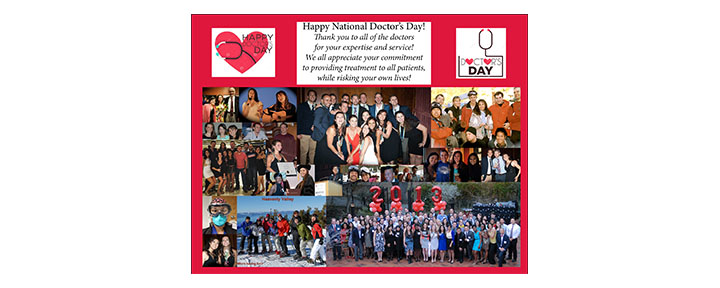
If ever doctors (and all frontline healthcare professionals!) need to hear our appreciation, it is today. I’m thanking all of Nicole’s Stanford Medical School Class of 2013, Harbor UCLA Residents Class of 2017, and UCSF Fellowship members Class of 2018 — and every healthcare professional! I hope you’re taking care of yourselves both physically and mentally during this pandemic. You’re all the best doctors and we’re grateful to you for being there for us. We know you’re putting your own safety aside — even without proper PPEs!
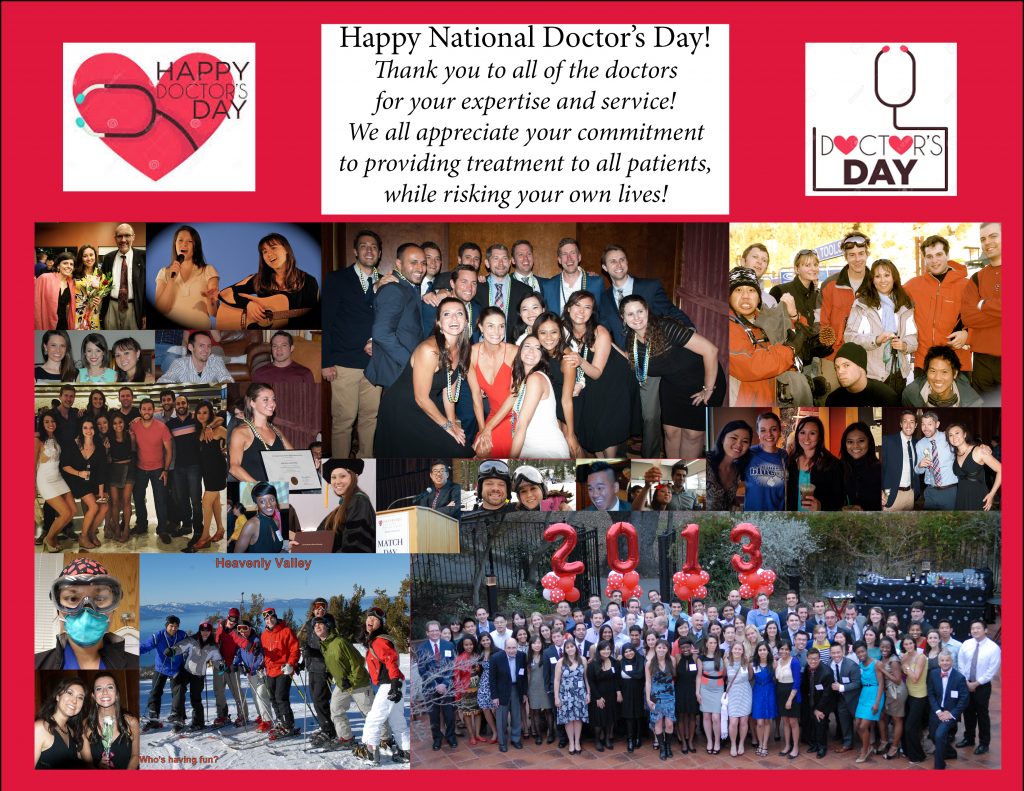

Did you know that ER doctors in the Bay Area have received orders that they CANNOT give COVID-19 tests to all sick people who go to the ER? Only very sick patients who are immunodeficient, on chemotherapy, or on dialysis can be tested. My daughter was exasperated at the end of her shift in the ER yesterday. This presents 2 terrible situations:
1. Sick Patients AREN’T Being Tested:
Emergency Rooms are sending patients with fevers and coughs back home without testing them for coronavirus. Because these sick people don’t officially know that they have COVID-19 (read between the lines…), they’re probably spreading the virus as they travel home and gather with families and friends. If they actually knew they had COVID-19, they would self quarantine to prevent the spread of the virus and have a specific treatment plan. California has given 64,000 tests compared to New York’s 145,000.
2. Number of Reported COVID-19 Cases is Much Higher:
The number of reported COVID-19 cases is falsely low. When ER doctors aren’t allowed to test patients who clearly present like they have COVID-19, these cases are not included in the daily reports so Americans don’t realize that the real numbers are much higher. This affects how many tests are being made, what PPEs are needed to protect our healthcare professionals, and where lock down orders need to be placed to prevent the pandemic from spreading.
I’m worried and I’m angry. This is what’s happening:
1. Our President says he’s not responsible for managing this pandemic (because he closed the Pandemic Unit 2 years ago). So he’s not going to lead our country out of the biggest disaster we’ve faced in most of our lifetimes. Good grief.
2. Our individual states are responsible for securing coronavirus test kits, PPEs for frontline workers, hospital beds for overcrowded hospitals, and decisions about prisoners and homeless people, which is causing competition between the states for these goods. We need a leader who will execute and oversee the Defense Production Act (DPA) to prioritize production of the much-needed medical equipment and supplies to combat the coronavirus and designate the shipment and delivery of these items to states on an as-needed basis. Now our President has issued orders to not respond to states whose governors have criticized his actions, and to send PPEs to states that support him. WOW! This is school-yard behavior, not presidential… Our healthcare professionals should be the first to receive PPEs, then high-risk people. The healthcare professionals should have enough supplies to use them as directed (change masks between patients — never reuse them!). Who’s on first?
3. We need to have a Shelter-in-Place order now for the entire nation. By studying the outbreaks in China, Italy, and New York City, we know that this community-spread disease can be contained and then eliminated. If we would mandate a stay-at-home order for all non-essential services, we could stomp out COVID-19 in a matter of weeks. But our President says that for economic reasons, we should go back to work and celebrate Easter with our families in the traditional gathering and church-going fashion. Sometimes, you need to sacrifice today for a better tomorrow…
4. Trump was slow to …
… Acknowledge that COVID-19 was not a hoax
… Order coronavirus test kits
… Order PPEs, Respirators, and Hospital Beds/Emergency Facilities
… Consider Shelter-in-Place Orders
… and now he makes predictions about the coronavirus based on a skewed count of COVID-19 patients.
We need to step up together as Americans to provide our healthcare professionals with the PPEs they need to protect themselves. We need to make masks and shower them with support (PPEs, gifts, appreciation) so they can take care of us. We need to stay at home – all of us – to contain this virus so we can go back to work and school.
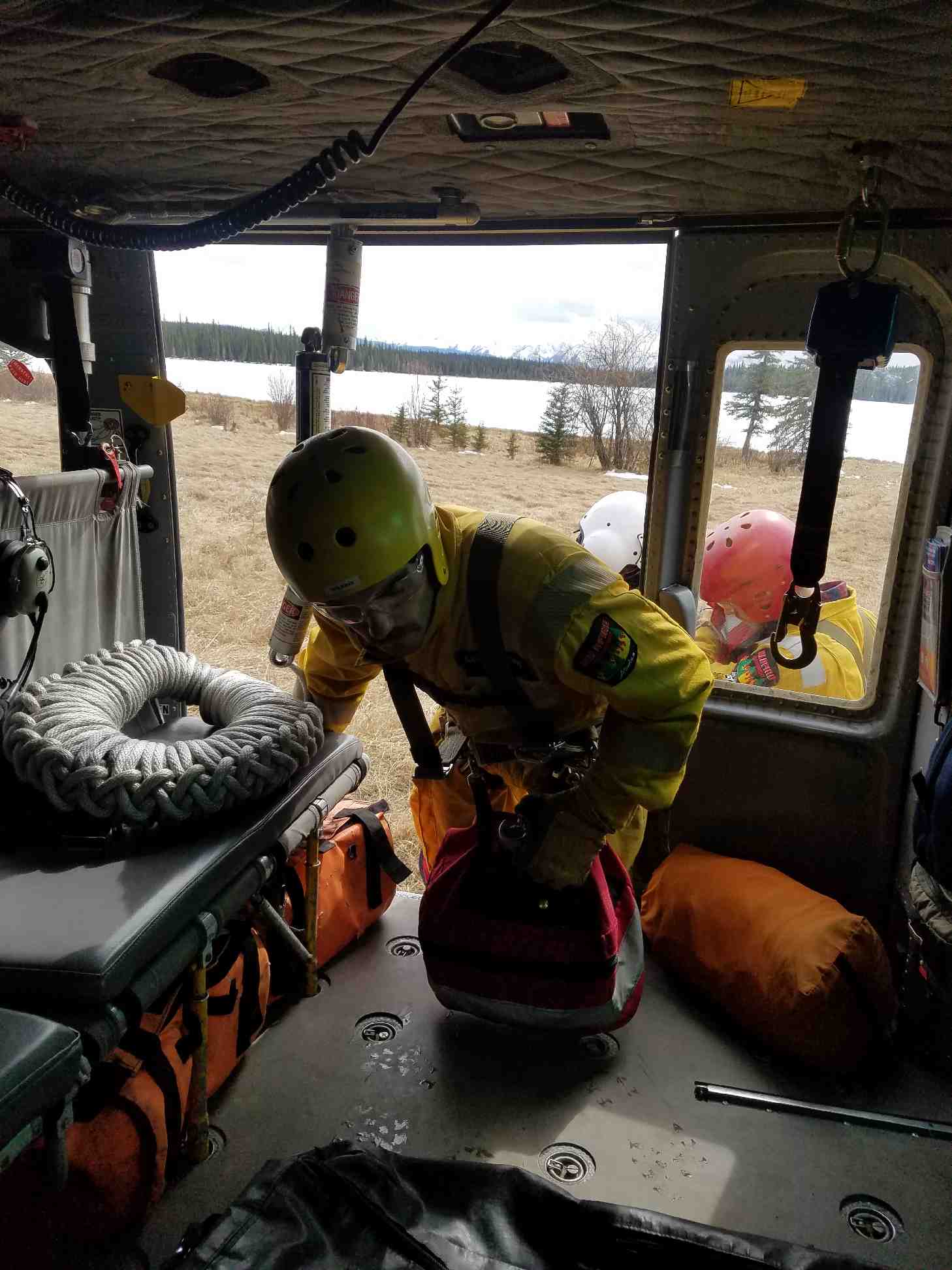
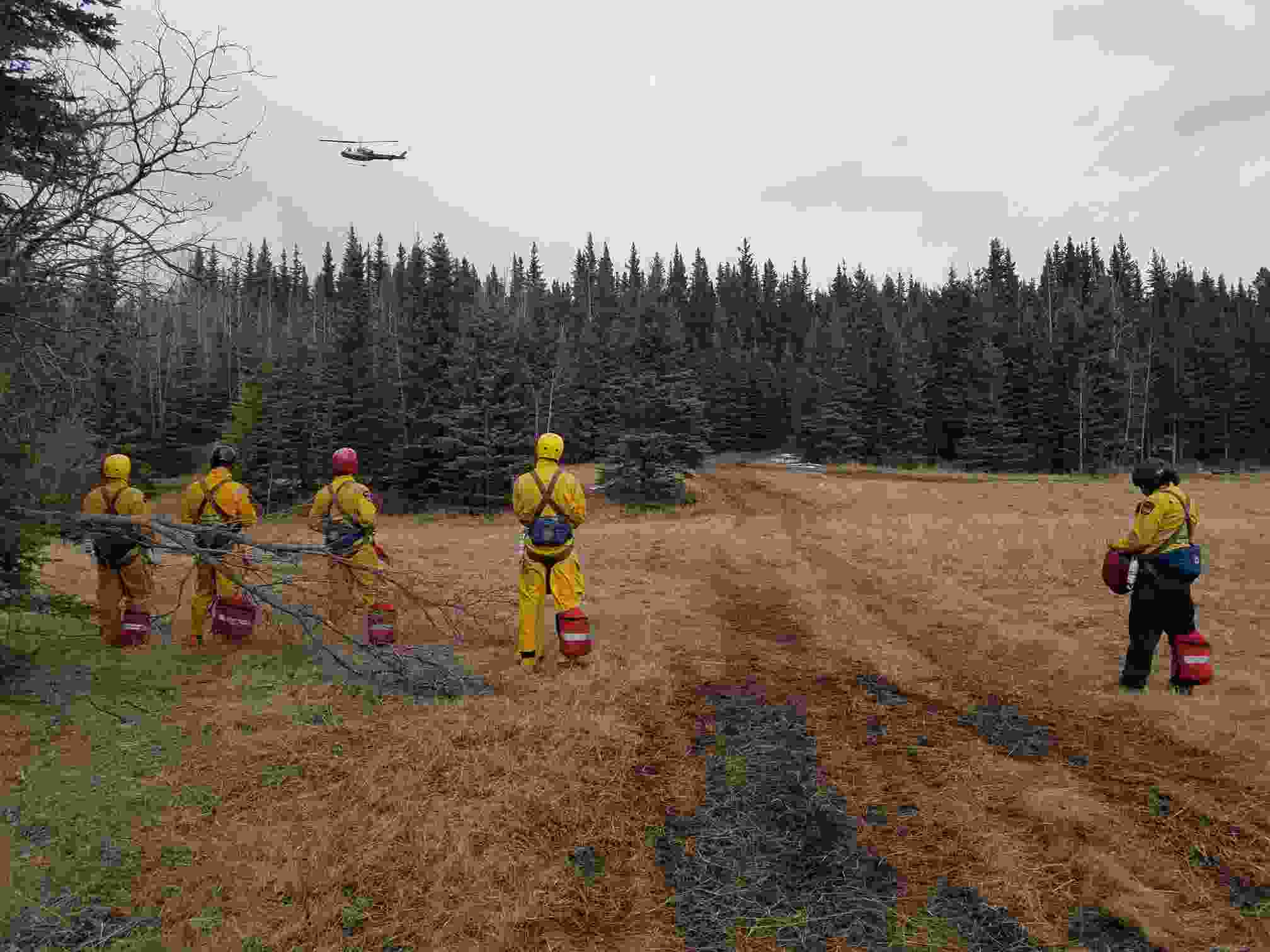
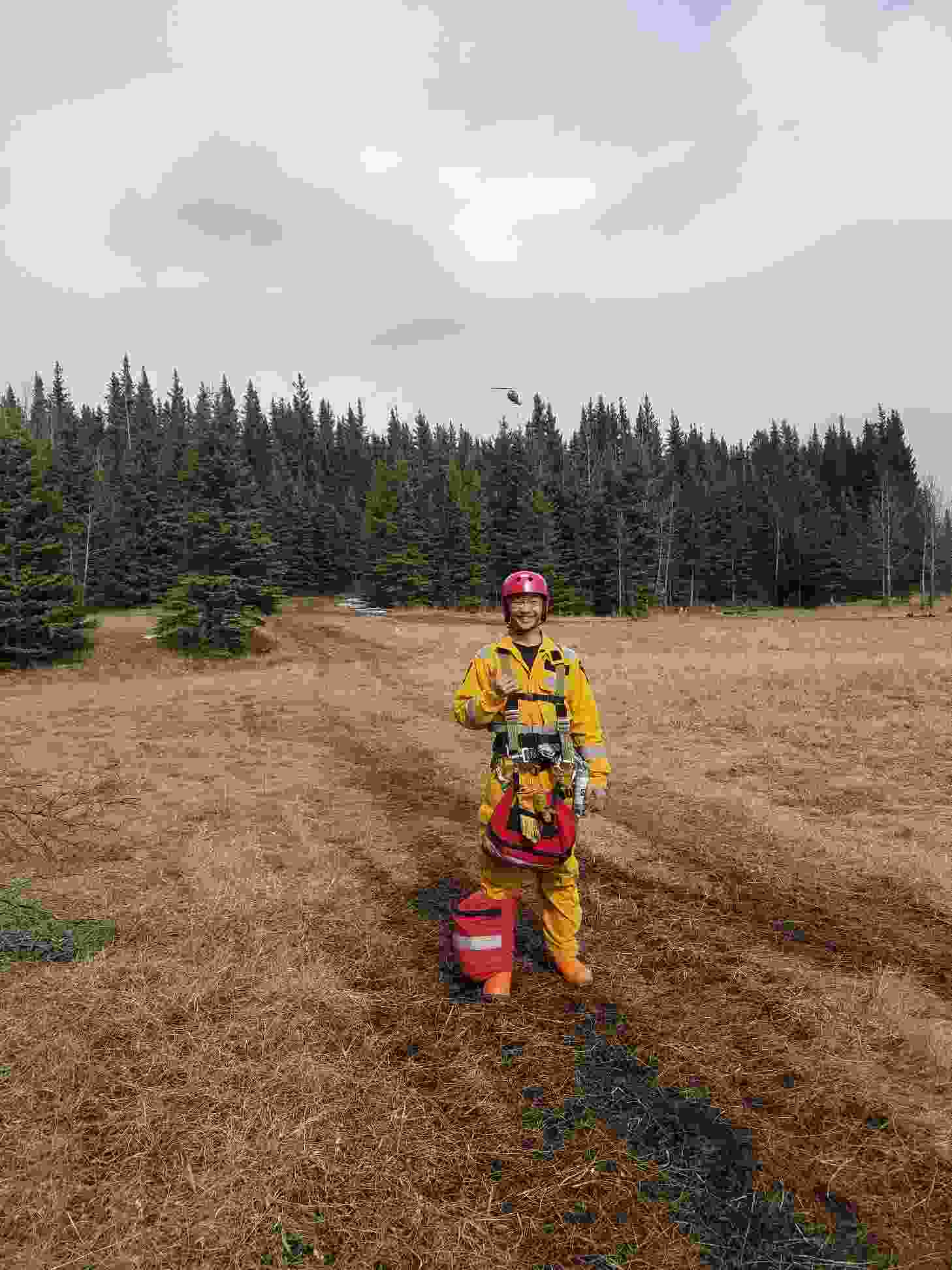
Meet Eric Wei — He’s one of my students who has chosen a career of helping and rescuing people. With our healthcare professionals, law enforcement officers, and EMS providers on the frontlines saving lives during the coronavirus pandemic, I thought high school and college students might be interested in different careers. Check out my interview with Eric on my podcast.

I just harvested my first crop of shiitake mushrooms! Besides tasting delicious, mushrooms provide health benefits, and they can even devour plastic waste and possibly pests – I have a student doing a project on mushrooms as a pesticide. By growing your own mushrooms, you don’t have to worry about getting viruses from people touching them at the grocery store.
I used a kit from Far West Fungi to get started because it was so easy to do. They provide the substrate and the spores so all I had to do was open the bag, put in a few slits in the plastic bag, and watch them grow! This substrate will produce 4 batches of shiitake mushrooms over the next few months. I’m planning on growing mushrooms using spores put into tree branches next. Stay tuned for my next mushroom adventure!
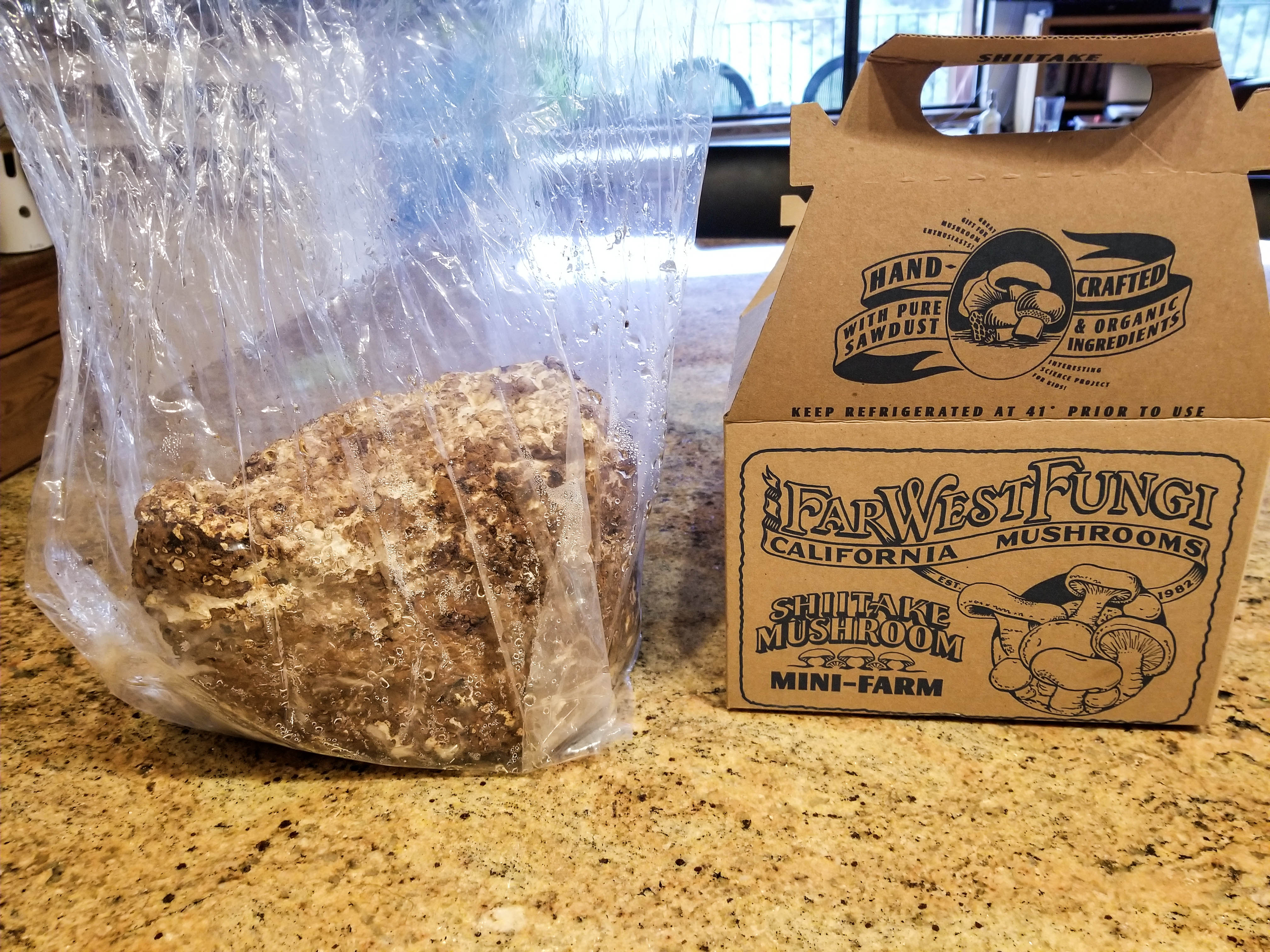
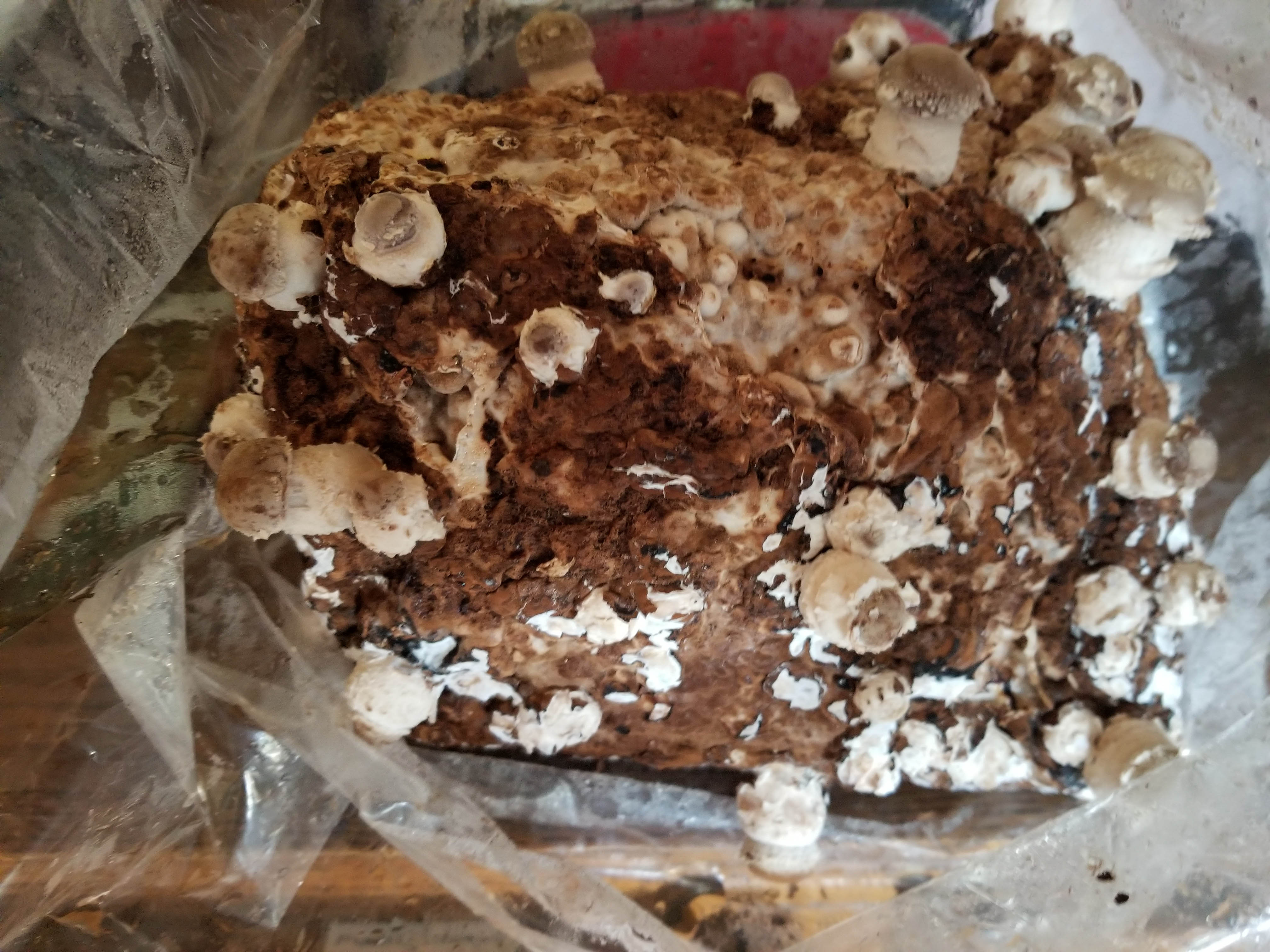
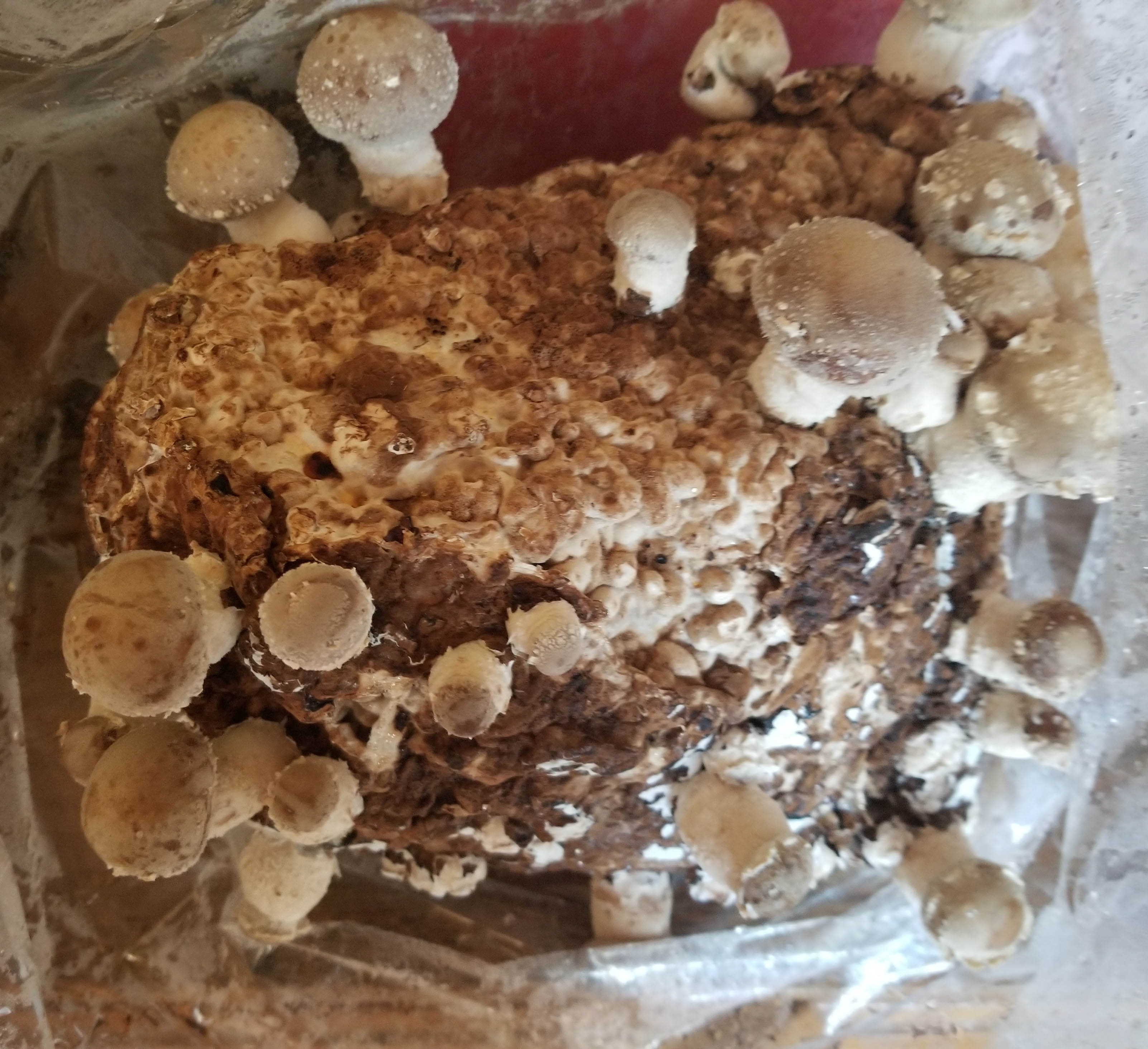
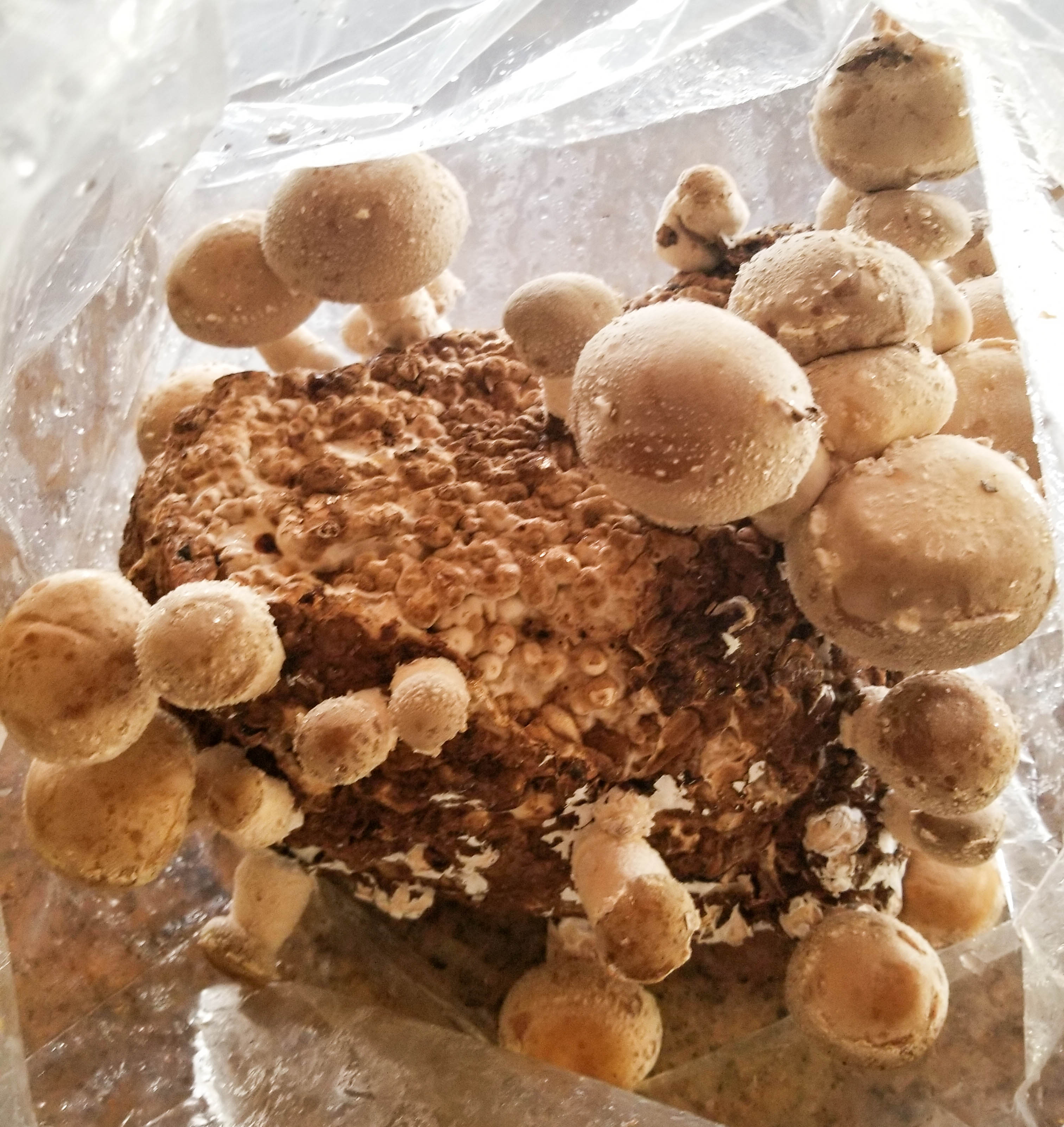
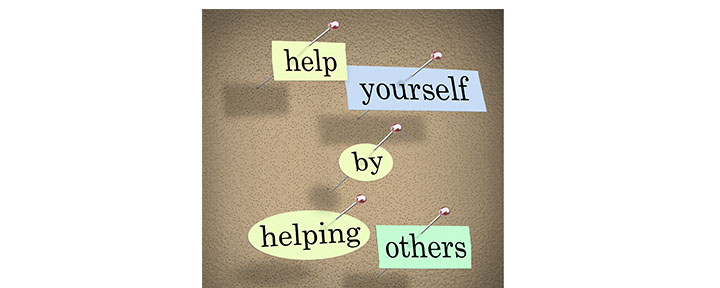
With teachers scrambling to set up online classes; students doing minimal homework and not taking tests, finals, or standardized exams; and nobody leaving home for extracurricular activities, kids are getting bored. There’s only so many shows to watch, and even gamers are looking for a break.
When kids face uncertainty about their future and worry about their parents and grandparents getting COVID-19, our children are dealing with stress and anxiety. They can’t control their lives and there are no schedules: school, after-school activities, homework, test prep, chores, etc. Kids like routines and schedules – even though they used to complain about them – and they want to feel valued.
So let’s give our kids a purpose. Talk to them about the coronavirus and how it is affecting millions of people around the world. Compare trends in Asia and Europe to the United States. Read about what hundreds of humanitarians and volunteers to help those who are sick or homebound. Inspire your kids to do something to help others. This will make them feel important and appreciated.
With all the free time they now have, they can do things to help their local high-risk population, support healthcare professionals, or start a unique project. Kids can find creative ways to get food to seniors who are sheltering in place. They can sew masks for hospital staff. Kids can also start a project doing anything they care about.
All of these projects will give them valuable skills while boosting the way they feel about themselves. The best part — these projects will give them great talking points on their college application essays and interviews. By doing good things for others, they’ll boost their chances of getting into top colleges and winning scholarship dollars. Learn more about doing projects by reading my book: Beat the College Admissions Game by Doing a Project.
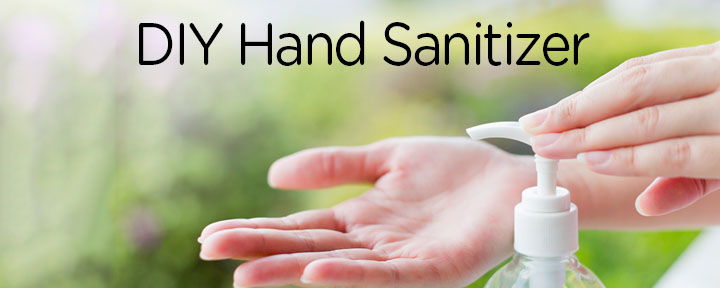
Can’t buy hand sanitizer because selfish people are hoarding them? You’re not alone. We couldn’t find hand sanitizers at any stores or online, so we made our own! It’s super easy and inexpensive.
Homemade Hand Sanitizer
¾ cup Rubbing alcohol (isopropyl 99%)
¼ cup Aloe vera gel
10 drops of Teatree essential oil or Lavender essential oil (or lemon juice)
Make enough so you can carry one in your purse/bag and put one in your car, office, kitchen, and entrance to your home. I collected bottles left over from other projects and made labels so everyone knows what’s in it.
[Source]
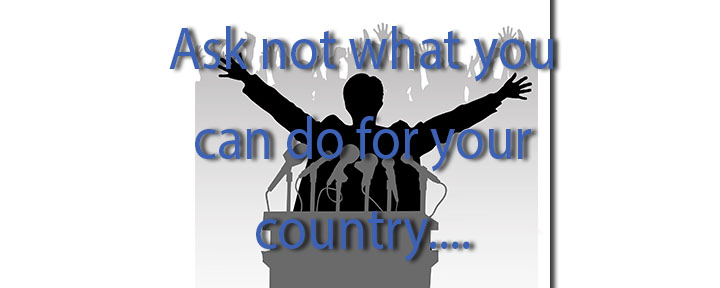
“Ask not what your country can do for you,
but what you can do for your country!”
— President John F. Kennedy
Never thought I’d be citing President Kennedy’s inaugural address outside of a history class. But we are fighting a similar war like we were in back in 1961 — instead of fighting communism, we are fighting a virus. When our frontline medical workers don’t have the personal protection equipment (PPE) they need to stay safe from the coronavirus, hospitals will not be able to help the hundreds (or more) of people who will need medical care. After watching this administration’s leadership first declare this to be a hoax; remove the Pandemic Unit of the National Security Council; and outbid states on purchasing N95 masks, and then tell the governors that they’re on their own to fix this pandemic, I think we all know that we can’t rely on our federal government to protect us from the coronavirus. We need to do our part to slow this pandemic to save our lives.
So, what can YOU do?
1. Stay home
Keep at least 6 feet between you and everyone.
2. Send visitors away
Don’t allow them into your homes.
3. Sew masks
If you have a sewing machine and scrap fabric, sew masks for frontline workers.
Check vmcfoundation.org after March 23rd for guidelines and instructions on how to make masks to donate to Valley Medication Foundation.
Here is a website that shows you how to make several types of masks and shields:
4. Donate masks
If you have access to new N95 masks, surgical masks, or face shields, please donate to hospitals that need them. Call or check online to see what they need and what requirements are in place.
I checked with Valley Medical Center in San Jose, CA and they need the following NOW:
New N95 Respirator Masks
New Surgical Masks
New Face Shields
New Gowns
Disinfectant Wipes
Hand Sanitizers
Goggles
Thermometers
Drop off or send to:
Valley Medical Center Foundation
2400 Clove Drive
San Jose, CA 95128
(408) 885-5299 or vmcfoundation@hhs.sccgov.org
As American citizens, we can work together to give our medical frontline professionals the protection they need to treat the very sick and the COVID-19 patients. Encourage everyone to donate new masks and shields to the hospitals that need them. Sew cloth masks for your local hospitals or send to Valley Medical Foundation. Hunker down and stay at least 6 feet away from others to slow the spread of this deadly virus. We can do this! It’s up to us to take control and stop the coronavirus from spreading.
